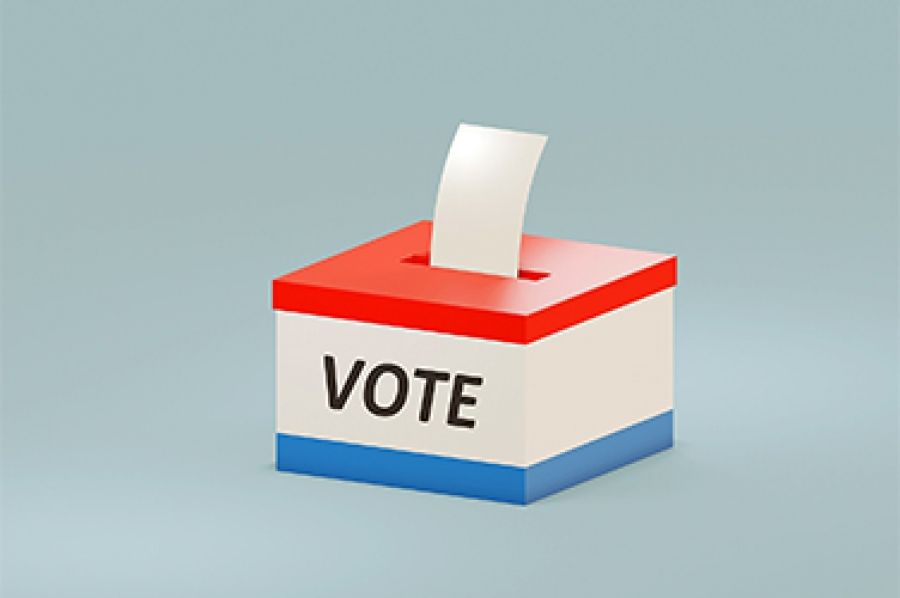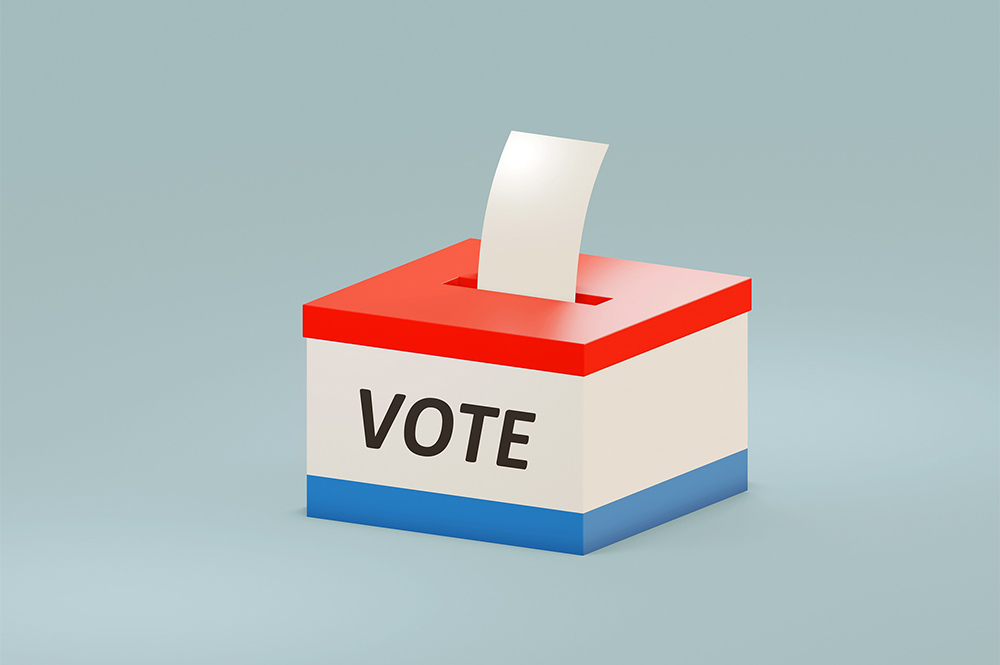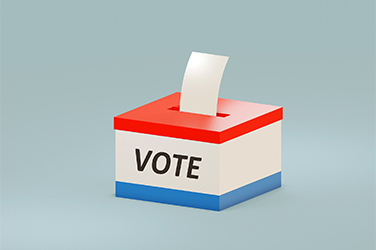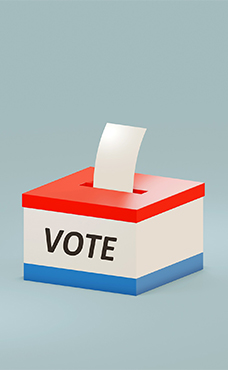
- Free Article: No
- Contents Category: Commentary
- Custom Article Title: The case for lowering the voting age
- Review Article: Yes
- Article Title: The case for lowering the voting age
- Online Only: No
- Custom Highlight Text:
In Australia today, many young people are actively engaged in politics. While adults often describe young people as disengaged, apathetic, or uninformed about politics, these perceptions and labels do not align with the reality. As Judith Bessant has pointed out, ‘[T]here is a long and rich history of political action by children and young people’ (Making-Up People: Youth, truth and politics, Routledge, 2020).
- Article Hero Image (920px wide):

- Featured Image (400px * 250px):

- Alt Tag (Featured Image): 'The case for lowering the voting age' by Faith Gordon
Reflecting on the Federal Court’s decision that the environment minister does not have a duty of care to protect young people from climate change harm when considering fossil fuel projects, lead applicant, Anjali Sharma (17), stated:
… the world is watching the Australian government’s abhorrent failure to act on climate change. While other countries set strict emissions reductions targets and shift their focus to renewable energy, the Australian government approves more fossil fuel projects. Something has to change.
(‘Opinion: Losing this court case feels like we’ve lost our chance for a safe future’, The Sydney Morning Herald, 15 March 2022.)
Significantly, this generation feels that it is ‘unheard’ and that its opinions do not matter to many adult decision makers. This was evidenced in 2019 by the Australian Human Rights Commission’s report to the United Nations, which outlined that those under the age of eighteen feel that they have no voice in Australian society.
With the voting age in Australia currently set at eighteen, this excludes all young people under eighteen from having a say by casting their vote at the ballot box. It is also not in line with many international jurisdictions that have already lowered the voting age to sixteen, such as Cuba, Malta, Scotland, Jersey, and Switzerland. Argentina, Brazil, and Ecuador – which, like Australia, have compulsory voting systems – have each lowered their voting age.
In recent months, there has been a renewed interest in lowering the voting age at state and territory levels, with the ACT and New South Wales currently considering reducing the age from eighteen to sixteen. I was a signatory to a submission to the parliamentary inquiry in the ACT, with twenty-nine other academics and advocates, led by Professor Bessant. This submission referred to the wealth of international evidence demonstrating the many positive benefits for democracy when more people are allowed to vote.
The parliamentary inquiry report released last month in the ACT has recommended that the bill should not be passed, but the vote has not yet taken place. Similarly in New South Wales, the Greens have initiated a bill that proposes to lower the voting age to sixteen.
While the focus is now firmly on the federal election in Australia, there is a section of society with much to say but no opportunity to have their voices heard. Many young people pay taxes at sixteen on what they earn in their employment, can consent to medical procedures, and can be held criminally responsible from the age of ten, but are still denied this basic citizenship right.
The current concerns among young people in Australia have been documented in recently published research. They include climate change, work and employment opportunities, health and well-being, housing and the cost of living, and how digital technologies are evolving and impacting upon their lives. These concerns are coupled with a general distrust of mainstream politics and how democracy is currently operating in Australia.
Having eighteen as the voting age in Australia does not align with international children’s rights frameworks. Australia signed up to the United Nations Convention on the Rights of the Child in 1990 and repeatedly receives a negative report card from the Committee when they periodically assess Australia’s performance in children’s rights. Article 12 of the Convention states that governments should ensure that children and young people have ‘the right to express … views freely in all matters’ affecting them. One way for the Australian federal government to ensure that children and young people can express themselves is to extend suffrage and allow more young people to vote.
Young people are the social group that will be most affected in the future by current financial decisions and other key policies. Lowering the voting age would bring Australia more in line with international obligations on children’s and young people’s right to participate, and their right to be heard on matters affecting their lives.
The present structure of mainstream politics marginalises young people through the set legal age requirements, the negative perceptions held by adults about young people, and the lack of meaningful engagement between politicians and young people. If more young people were provided with the opportunity to vote, this change could encourage politicians to engage with children and young people in meaningful ways. It also has the potential to refresh the political structures and political processes that exist. It might encourage a more diverse political arena, one less focused on adult concerns and more on the interests and needs of all social groups in society.
There is a widening gap between what politicians and governments do, and the concerns and views of Australia’s youngest citizens … we must work with young citizens who are, after all, among the most invested in the immediate and long-term future.
(Philippa Collin and Jane McCormack, Young People and Democracy: A Review (2020), Whitlam Institute.)
With this reported ‘widening gap’ between what Australian governments are doing and the concerns and opinions of young people, there exists a great need to see action on lowering the voting age at the federal level. It was the Whitlam government that lowered the age from twenty-one to eighteen in 1973 through amending the Commonwealth Electoral Act 1918. Now is the time to consider this again at the federal level. Change could be achieved through legislation or a referendum.
Ultimately, we need political will on this issue, and we need the major parties to get behind it, rather than creating unnecessary roadblocks to progress. Along with many colleagues and advocates, I call on the federal government to put this onto the national agenda and for the 2022 election to be the last election that excludes sixteen and seventeen-year-olds. As the evidence demonstrates, it would be a positive and healthy move for democracy. Australia can benefit significantly by giving young people a meaningful stake in the political process, leading to the potential creation of a culture of highly participatory and engaged voters on into the future.



Comments powered by CComment